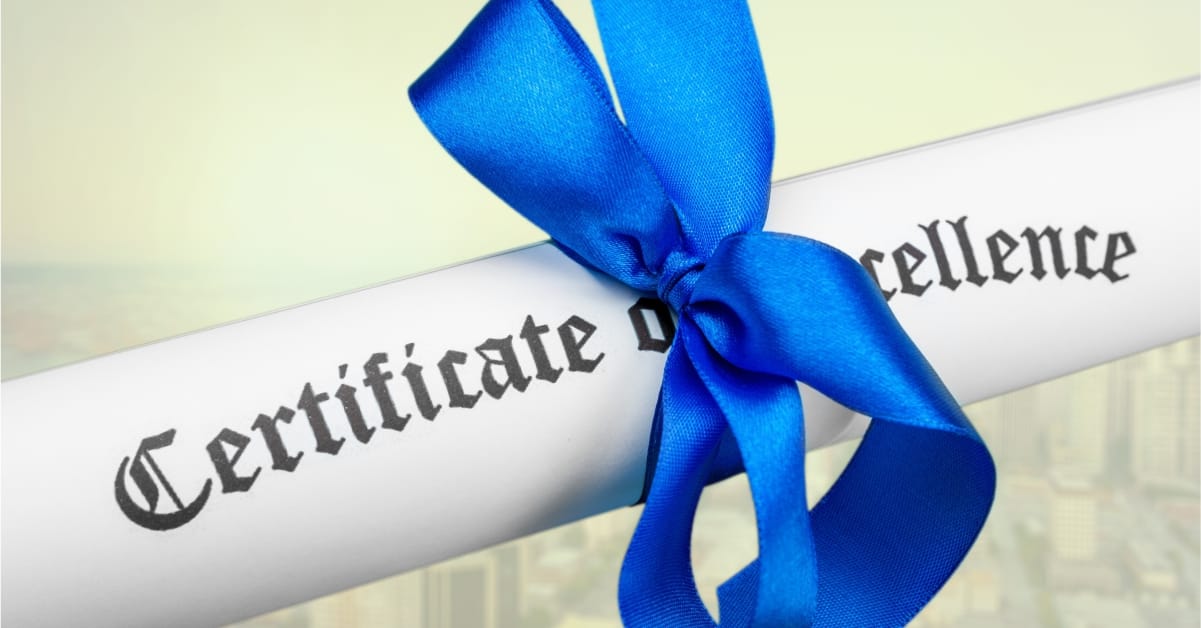Starting a maritime diploma program is an exhilarating adventure that can open doors to a fulfilling career at sea or in related fields. We’ve assembled crucial tips and recommendations to guide you along this path. Whether you’re a beginner or well into your studies, these insights will enhance your performance in the maritime diploma program.
Introduction to Maritime Diplomas
A maritime diploma provides specialized education and training in various aspects of the maritime industry, including navigation, engineering, safety, and management. This program is designed to equip you with the knowledge and skills necessary for a career in maritime operations, whether on ships, in ports, or within maritime organizations.
Study Tips for Maritime Students
Success in your maritime diploma begins with effective study habits. Here are some tips to help you make the most of your academic experience:
- Stay Organized: Keep track of your assignments, exams, and practical sessions using a planner or digital calendar. Staying organized helps you manage your time and ensures you don’t miss important deadlines.
- Attend Classes Regularly: Regular attendance is crucial. Classes provide essential information and context that you might not get from textbooks alone. Plus, participating in discussions can enhance your understanding.
- Take Detailed Notes: During lectures and practical sessions, take comprehensive notes. These will be invaluable when studying for exams and completing assignments.
- Study in Groups: Form study groups with your classmates. Group study sessions can provide different perspectives on complex topics and help reinforce your understanding.
- Ask for Help: If you’re struggling with a particular subject or concept, don’t hesitate to ask for help. Approach your instructors, join tutoring sessions, or seek assistance from classmates.
Managing Your Time Effectively
Balancing coursework, practical training, and personal life can be challenging. Effective time management is key to staying on top of your responsibilities:
- Create a Schedule: Develop a weekly schedule that allocates time for classes, study sessions, practical training, and personal activities. Stick to this schedule as closely as possible.
- Prioritize Tasks: Identify your most important tasks and prioritize them. Focus on completing high-priority assignments and studying for upcoming exams before tackling less urgent activities.
- Avoid Procrastination: Procrastination can lead to last-minute stress and lower-quality work. Start assignments early and break them into manageable tasks to make the workload more manageable.
- Take Breaks: Don’t forget to take regular breaks to rest and recharge. Short breaks can improve your focus and productivity.
Using Academy Resources Like Libraries and Labs
Your maritime academy offers various resources to support your studies. Make sure you take full advantage of them:
- Library: The library is a treasure trove of textbooks, reference materials, and academic journals. Use these resources for research and to deepen your understanding of course topics.
- Labs and Simulators: Practical training is a critical component of maritime education. Spend time in labs and simulators to gain hands-on experience and apply theoretical knowledge.
- Mentorship Programs: Many academies offer mentorship programs where you can connect with experienced professionals in the maritime industry. Mentors can provide valuable guidance, career advice, and networking opportunities.
Advice from Graduates
Learning from those who have completed their maritime diplomas can provide valuable insights and motivation. Here are some tips from recent graduates:
- Stay Curious: Always be eager to learn and explore new topics within the maritime field. A curious mindset will help you stay engaged and open to new opportunities.
- Build Relationships: Network with your peers, instructors, and industry professionals. Building strong relationships can lead to job opportunities and professional growth.
- Stay Physically Fit: A career at sea can be physically demanding. Maintaining good physical health through regular exercise and a balanced diet will prepare you for the challenges ahead
- Stay Positive: There will be tough times during your studies, but maintaining a positive attitude can help you overcome obstacles and stay motivated.
Conclusion
Succeeding in your maritime diploma program requires dedication, effective study habits, and the utilization of available resources. By staying organized, managing your time well, and taking advantage of academy resources, you can make the most of your educational experience. Remember, the journey may be challenging, but the rewards of a successful maritime career are well worth the effort. Stay focused, stay motivated, and set sail towards a bright future in the maritime industry.


 08122868605, 09033117109
08122868605, 09033117109 info@allstatesmaritimeacademy.ng
info@allstatesmaritimeacademy.ng 2 Opete Road,
2 Opete Road,